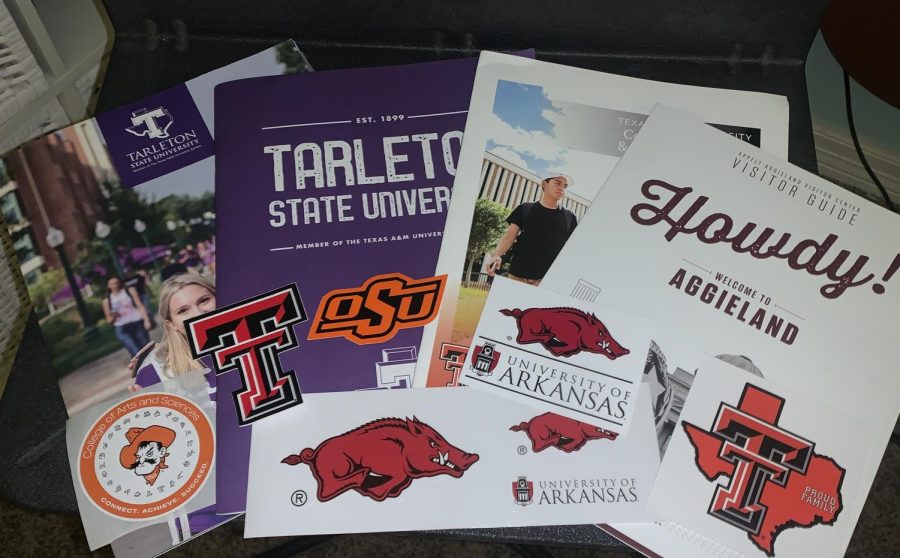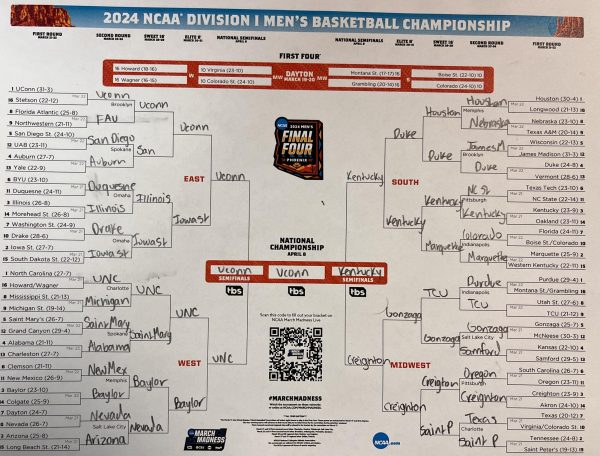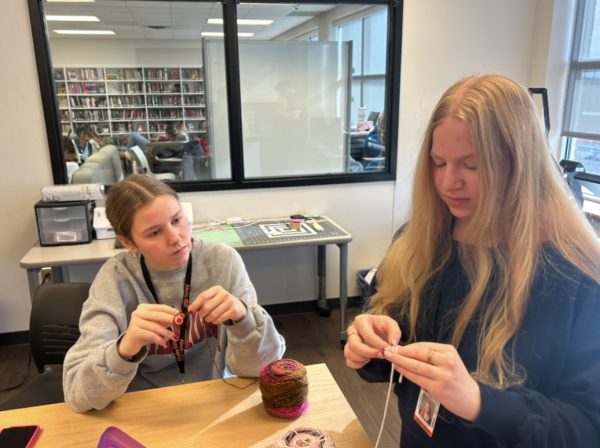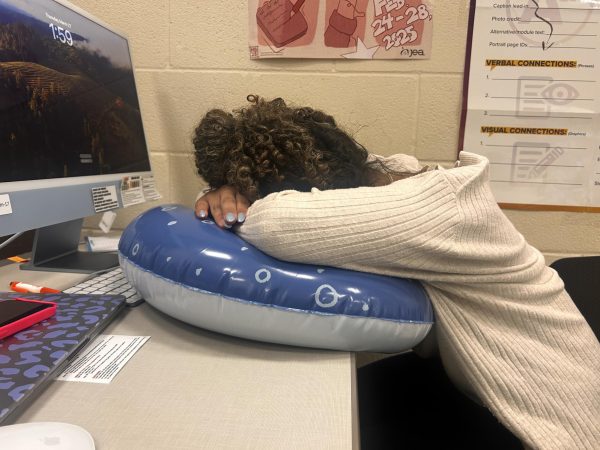College Tips From a Senior
As the school year is coming to a close, many students are looking forward to their next step, whether that is attending college, starting to look at colleges, or just planning the next year of high school.
While college is not for everyone, it is an option for many students, and takes lots of preparation and planning. It is important to start this planning early into high school, even if that is just figuring out what that next step may be.
One of the most important things if you are planning on applying for colleges, is looking at the admissions requirements for the schools you may be interested in. This way, you can be sure to keep your GPA (which starts freshman year) where you want it to be in order to be accepted into the colleges you’re interested in. It is difficult to raise your GPA by much once you are a junior and senior, and your class rank probably will not fluctuate too much if your grades are consistent.
To go along with GPA, it is important to decide whether or not you want to take AP classes early into your high school career. AP classes give a 15% grade boost, which will significantly raise your GPA if you are in multiple AP classes. Taking AP and dual credit classes also help you get ahead with college credits, which will help save time and money once you go to college. Many students are graduating with enough credits to be considered a sophomore in college their first year.
While AP classes are important, I would recommend balancing those with electives and extracurricular activities. Most colleges look for extracurricular activities, leadership, and service hours. Some colleges don’t require you to put these things on your applications, but some more prestigious schools may. Taking all AP classes doesn’t give you any room to explore different electives to see what you like, and then you may not have as much to put on applications. At competitive schools that receive thousands of applications, grades alone may not be enough to get in. This being said, it is also important to check what the automatic admission requirements are at certain colleges. In Texas, if you are in the top ten percent, you are automatically accepted to public universities. This may vary depending on the school, but most of the time it is the top ten or 25 percent.
Junior year is when teachers and counselors recommend that you start looking at colleges. A few excused absences are allowed for college visits each year, which many students take advantage of. This is important because you can figure out what you like and don’t like about certain schools, and you can narrow down your options before you actually apply. When touring schools, I would recommend going when students are there rather than in the summer or over breaks. It is easier to tell what the campus is like when students are there.
Even if you aren’t sure what you want to study or where you want to go, you can always change your mind. At least 80% of college students change their major at least once, so once you apply, you aren’t locked into that major.
Once you apply and are accepted into a few schools, deciding can be the hardest part. You have to consider how far away you want to be, budget, how big of a school you want to go to, and what school might have the best program for your major.
Overall, planning for the future can be scary, but the one piece of advice everyone should hear is that you aren’t planning your entire life right now. Not everyone knows what they want to do, which is perfectly fine, and you can always change your mind later on. College is a time to explore and figure out what you like so eventually, you can get a degree and a job you enjoy.













